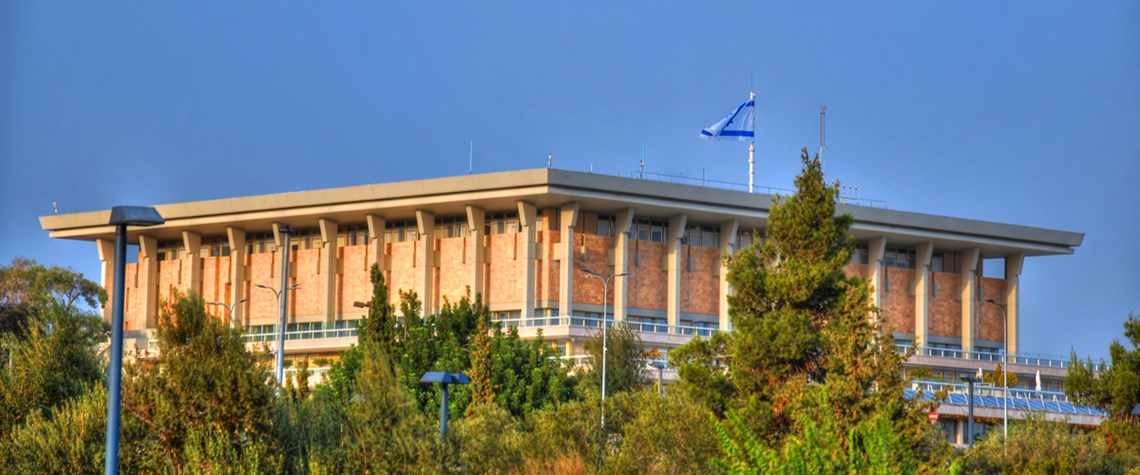Israel raises its renewables sights
Government is now in a race to meet newly ambitious clean energy targets
The Israeli government unveiled a 24-strong shortlist of developers for the country’s largest-ever solar power plant—a 300MW photovoltaic (PV) facility near Dimona, in the northeast of the vast Negev desert—this month. Alongside two debut 'solar-plus-storage' auctions, the landmark project’s announcement last year took the PV capacity tendered in 2020 to over 1GW. In a period otherwise marked by a sharp economic slowdown, triggered by the coronavirus pandemic, it was clear evidence of a step-change in the country’s commitment to clean energy. Last June, the Energy Ministry formally signalled the shift by espousing a new and far more-ambitious target to generate 30pc—rather than 17pc—of elect

Also in this section
9 January 2026
A shift in perspective is needed on the carbon challenge, the success of which will determine the speed and extent of emissions cuts and how industries adapt to the new environment
2 January 2026
This year may be a defining one for carbon capture, utilisation and storage in the US, despite the institutional uncertainty
23 December 2025
Legislative reform in Germany sets the stage for commercial carbon capture and transport at a national level, while the UK has already seen financial close on major CCS clusters
15 December 2025
Net zero is not the problem for the UK’s power system. The real issue is with an outdated market design in desperate need of modernisation







